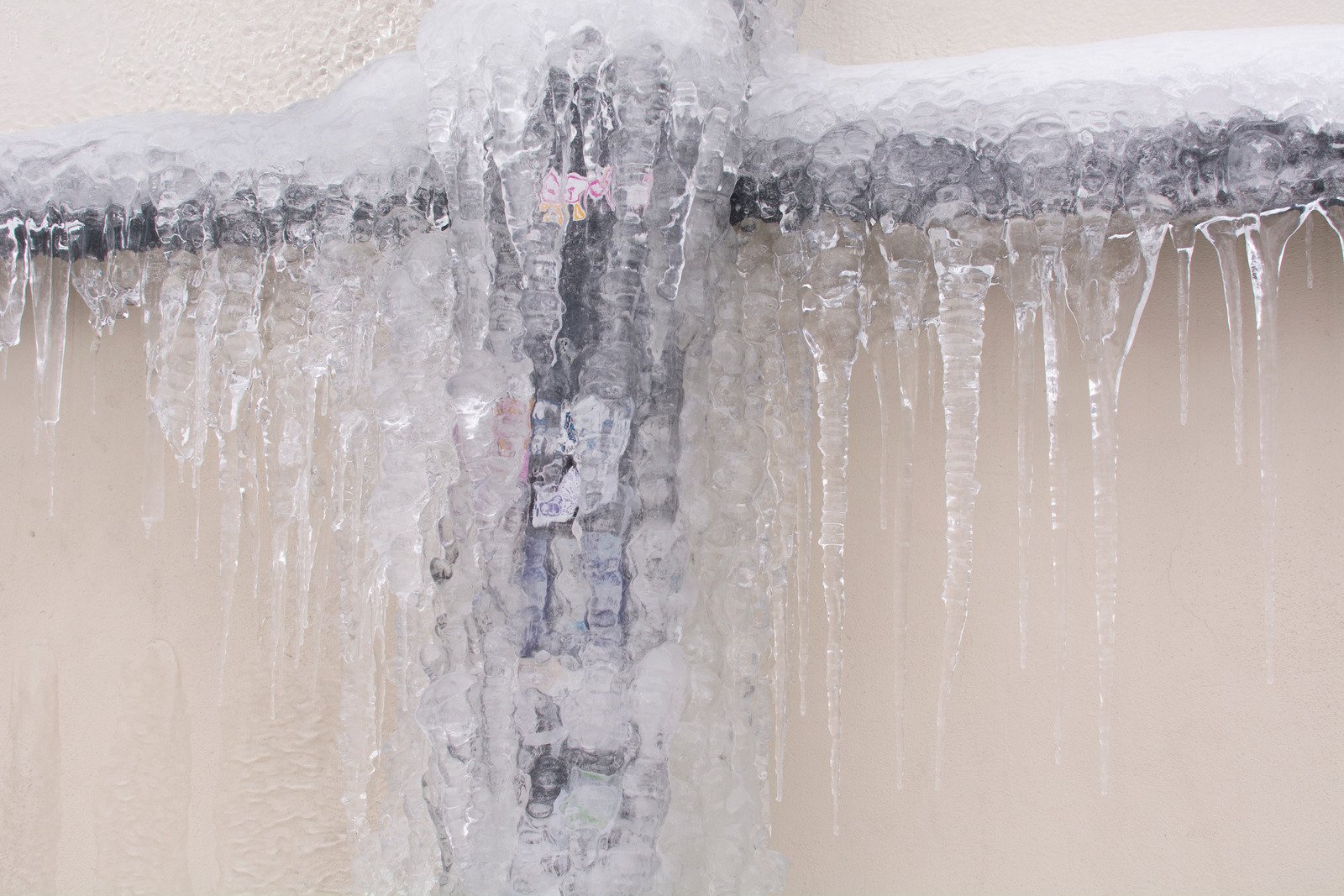Whenever the rain batters down on your home, you might want to cozy up inside and rest a lot to weather out the storm. However, whenever you crawl out to witness the damage from the storm, you might see more than your yard is damaged and that your home is dealing with damage from the storm.
While most people know that the rain can damage a home, they can be hard pressed to answer how the rain can damage their home. Well, this article is going to go through some of the most common ways that rain can damage your home, and what you can do to stop the massive storms from ripping your house apart.
Damage To Your Roof
The roof is the first line of defense against storms, and it’s also one of the easiest ways to tell if it is damaged whenever the water gets into the roof and causes holes and leaks. If you notice that the floor is always damp and covered in water whenever a rainstorm comes around, then you need to fix the leak and also get onto your roof and check out the durability of your roof as well.
Even the smallest crack in your roof can lead to roof leaks, so you need to ensure that your roof is durable and doesn’t have any damage after every storm. While some small drips of water are something that you might not choose to worry about, that’s only what you can see, and more water is probably soaking into the roof and possibly the rest of the building as well. So fixing a leak as quickly as you can is a good idea, so you don’t have to call a water damage restoration in Denver company.
While it might not be the most fun task to do, especially after a storm, take a look at your roof and make sure to be proactive in replacing damaged parts. The sturdier your roof is, the more water resistant it can be.
Check Your Basement
Whenever heavy rain goes through the area, we tend to look toward the sky whenever it comes to dealing with the damage from the rain. However, some of the biggest damage from the rain will often come from the ground. A flooded basement and damaged foundations can be caused whenever the rain gets the ground oversaturated and the water has nowhere else to go.
A flooded basement doesn’t just cause a lot of damage to what is inside the basement but also can lead to structural damage to the walls. In addition, it would also lead to electrical damage inside the basement, which can easily cause problems for the entire house.
Plus, the environment of the basement can lead to the growth of mold and mildew. Mold spores are just as damaging as the heavy rain to your home, and to your health as well, causing coughing, itchy eyes, and other symptoms.
Rain Can Lead To Pests
Finally, if the rain doesn’t damage your home, it can draw pests into your home. Storms can cause bugs, mice, and other small animals to come to your home for shelter. Then they can burrow inside of your home and will often cause damage to both the interior and the exterior of your house.
An infestation of ants, termites, or mice can be a problem. Not only will they get into your food and leave droppings in your house, but bugs tend to cause damage to the inside of your walls as well, which can lead to heavy structural damage if they are left untreated.
Often, the paths where rain can get into your home, such as the cracks in your foundation, would also be prime highways for pests to get into your home as well too. When you seal up those cracks and passageways, you will kill two birds with one stone.
Ways To Defend Your Home From Rain
Make Sure To Check Your Gutters
While gutters are supposed to be another line of defense against the storms of your home, they can also cause damage to your house as well. If your gutters are not put together or are not cleaned out, then the clogged gutters can easily overflow and cause damage to your home.
Additionally, if your home sits on a slope, then you will need to redirect the home’s runoff to get the standing water away from your foundation. If the standing water simply sits and isn’t redirected, then it can cause erosion of your foundations as well.
While it can be very easy to ignore cleaning your gutters, if you stay on top of them and ensure that the water has a clear path to flow away from your home then it can be a good defense from heavy storms.
Make Sure To Close Up The Cracks
If your foundation or the area around your home is cracked, then you need to make sure to seal all of the cracks up. Start with your windows and doors, because they are the most vulnerable to leaks if the water gets in through the spaces.
Make sure that all your weatherstripping and seals are fixed, and also use sealant on your windows, doors, and any other cracks in the foundation.
Take Care Of Your Home’s Exterior Finish
Finally, be sure to inspect signs of water damage around the home, especially if they don’t have a readily identifiable source. Mold, peeling paint, stains, and other issues on your walls can also cause a lot of problems. If the water from earlier rainfalls get inside the walls of your home, it can cause mold, warping, wood rot, and holes as well inside the home.
Making sure to take care of your house during the rainstorms won’t just make you feel safer inside your home, but it will also keep you from needing to call for a water damage restoration company to fix the issues caused by the heavy rain!








